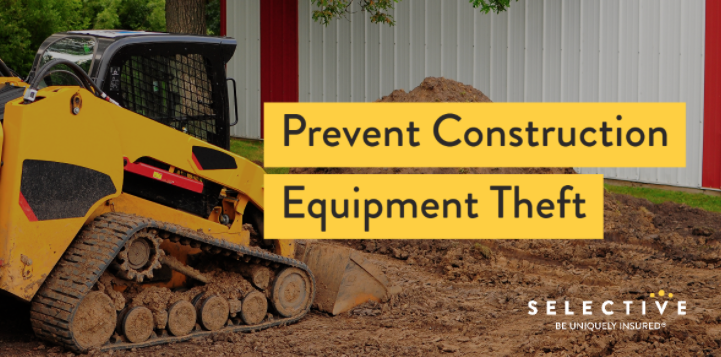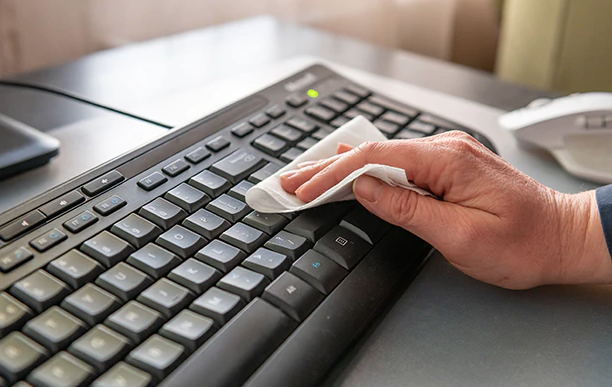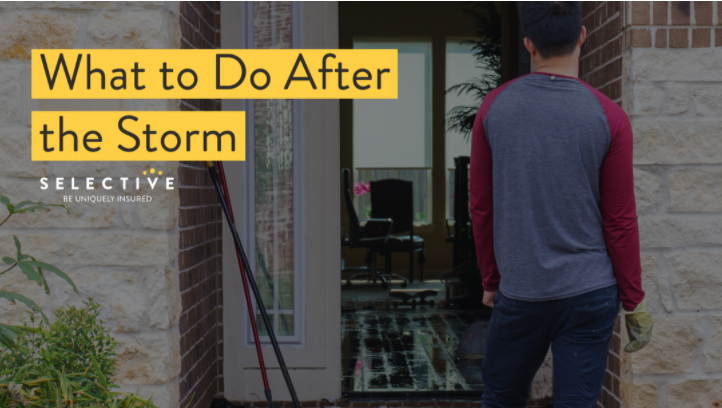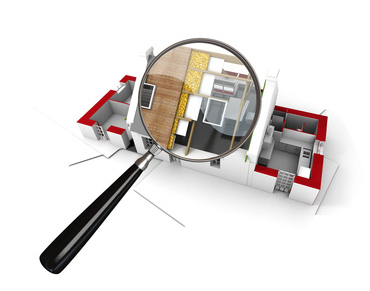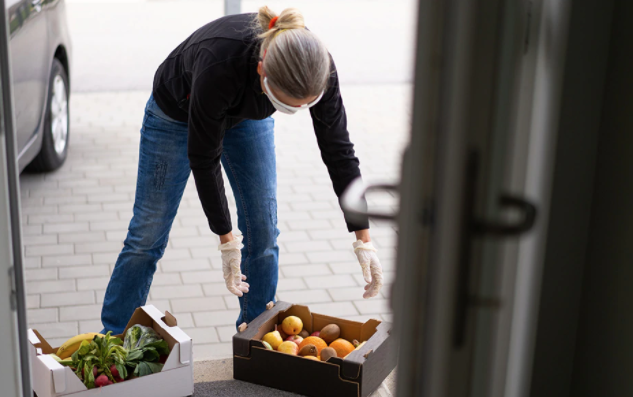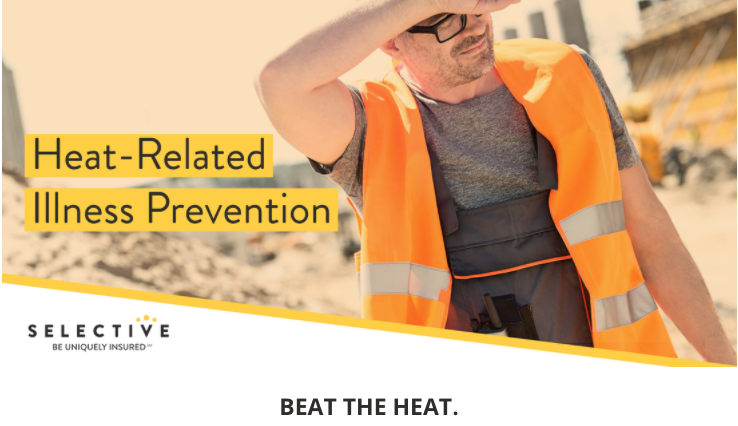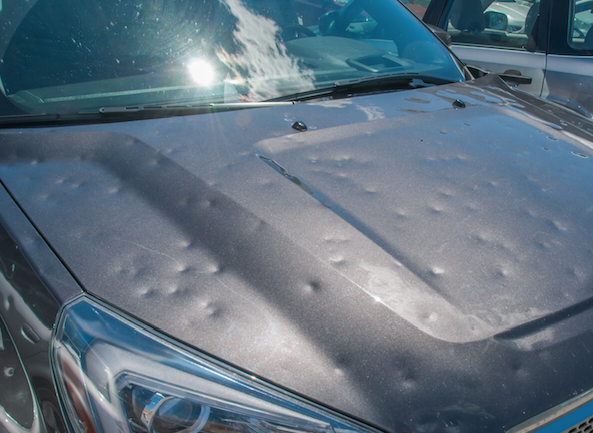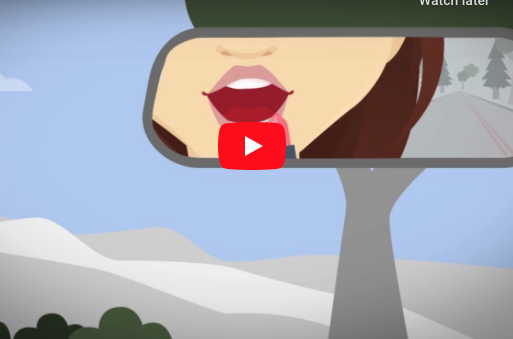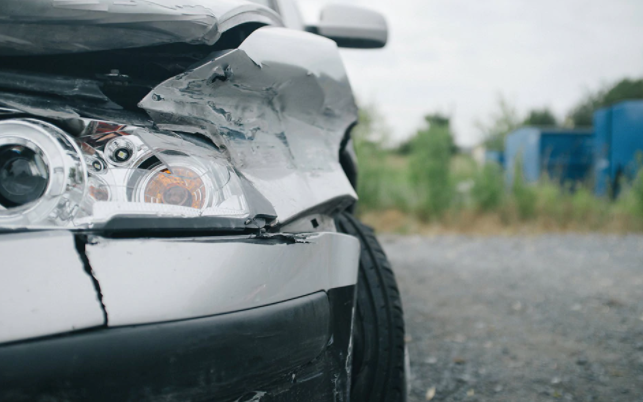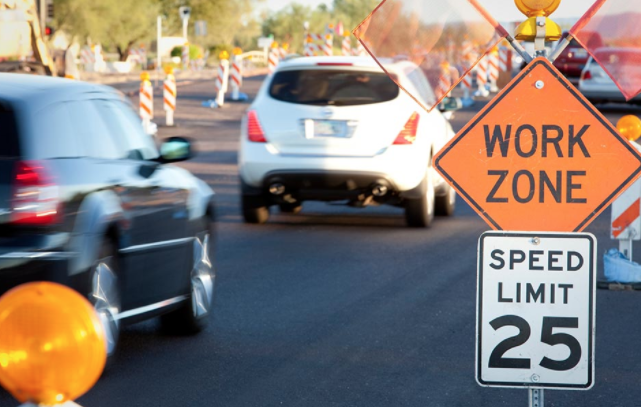Cooking Fire Safety
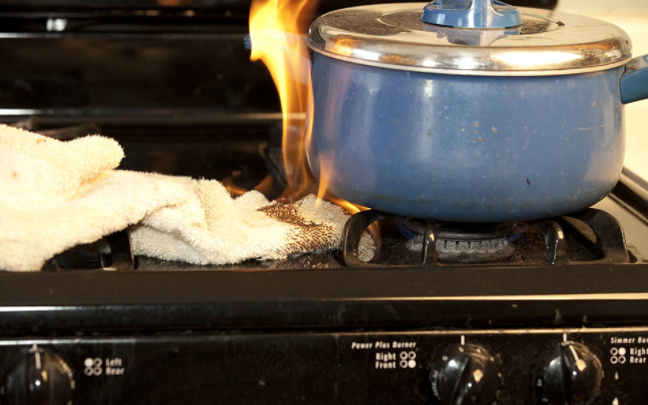
By Nacia Lipton
Cooking is a common cause of home structure fires and home fire-related injuries. Whether preparing for a family dinner or making a quick snack, practicing safe cooking behaviors can help keep you and your family safe.
- Never leave your range or cooktop unattended while cooking. If you have to leave the room, turn your range or cooktop off.
- Wear short, close-fitting or tightly rolled sleeves. Loose clothing can hang down onto hot surfaces and can catch fire if it comes in contact with a gas flame or electric burner.
- Keep your cooking area clean and free of combustible materials. Food wrappers, oven mitts or other materials left on or near the stove may catch fire.
- Be sure to clean up any spilled or splattered grease. Built-up grease can catch fire in the oven or on the cooktop.
- Keep a fire extinguisher readily available. Having an extinguisher nearby is important, but you also need to have the correct type of extinguisher and know how to properly use it.
- Never throw hot grease in the garbage as it can ignite combustible materials. Be sure to let grease cool and consider disposing of it in an old can, such as a metal coffee can.
- Do not store food or other items in your oven. It can be easy to forget there is an item in your oven, and this could catch fire while preheating.










